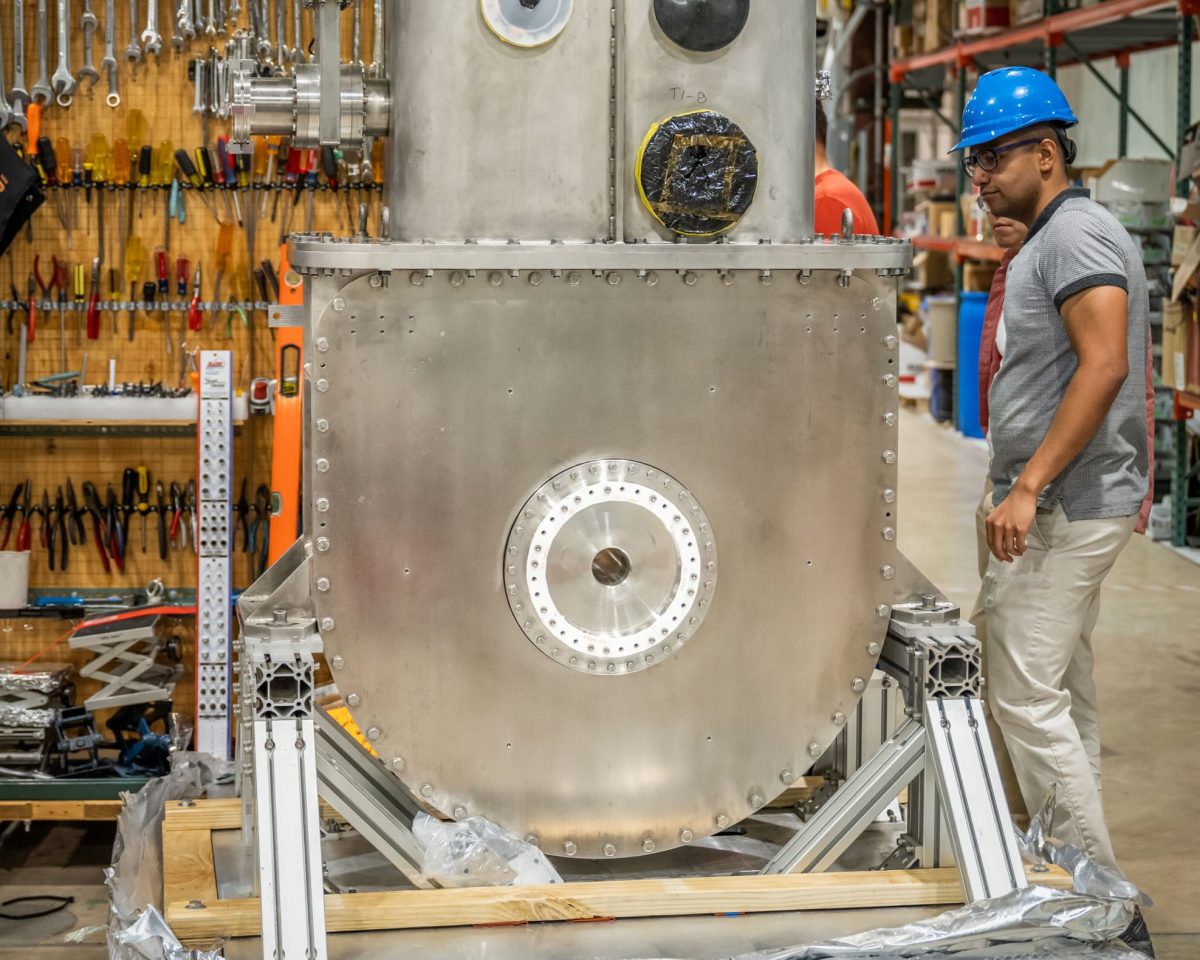Fusion power may still be a few years away, but one startup is laying the groundwork for what it hopes will become a bustling sector of the economy.
© 2024 TechCrunch. All rights reserved. For personal use only.
Commonwealth Fusion Systems is shipping a pair of its specialized magnets to the University of Wisconsin–Madison, the startup exclusively told TechCrunch.
The move comes years before CFS anticipates starting its demonstration reactor, SPARC. It’s the first such deal, though possibly not the last, suggesting that the fusion sector has matured to the point where it supports supply agreements in addition to research and development partnerships.
“We recognize that the magnets are useful for other things,” Bob Mumgaard, CEO of CFS, told TechCrunch. “If we’re going to build a ladder, let’s not kick the ladder down. If others are going to come up behind, how can we help them?”
There, Mumgaard is perhaps understating the importance of CFS’s magnets. If it weren’t for them, the company probably wouldn’t exist. The startup worked with scientists at MIT to develop a new type of rare earth barium copper oxide (REBCO) magnet that produces an incredibly strong magnetic field.
Because the magnets are so strong, they can be made smaller and still confine the white-hot plasma within the reactor. Smaller magnets are cheaper, require less supporting material and equipment, and so on. Those savings cascade throughout the power plant, making a commercial version possible.
Given all those advantages, it’s no surprise that other parties would be interested in buying some of CFS’s magnets. CFS isn’t letting potential competitors in, at least not yet; not only is the project at UW-Madison a research experiment, it’s a different reactor design entirely. Known as WHAM, the reactor creates a tube of plasma instead of a doughnut like in CFS’s tokamak.
The funds that the university is using come from the federal government’s ARPA-E program. (WHAM is also associated with another startup, Realta Fusion, which spun out from the experiment, though CFS and Realta aren’t partners themselves.)
As a part of the deal, CFS is shipping completed magnets along with the necessary assemblies, cooling, and control systems. The startup said its software will also control the magnets’ operations.
The deal isn’t entirely magnanimous, of course, since the university is paying CFS for the magnets, though it didn’t disclose the sum. “The fact that we have these magnets, and that we spent a lot of money developing them. Well, that’s a good business for us,” Mumgaard said.

Leave a Reply